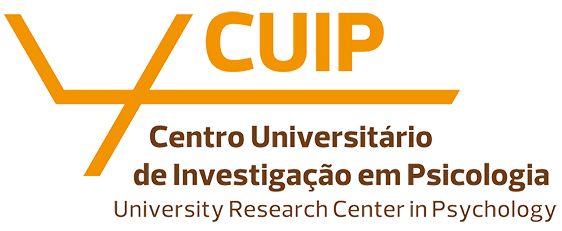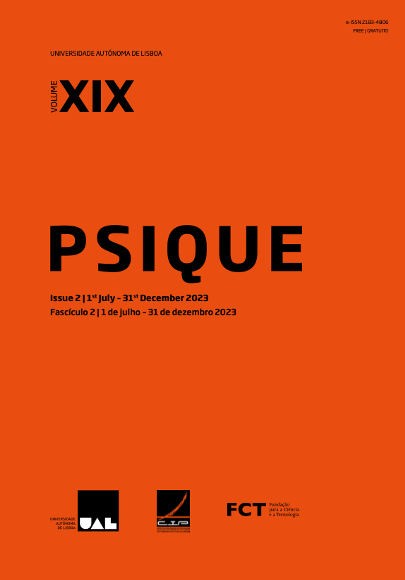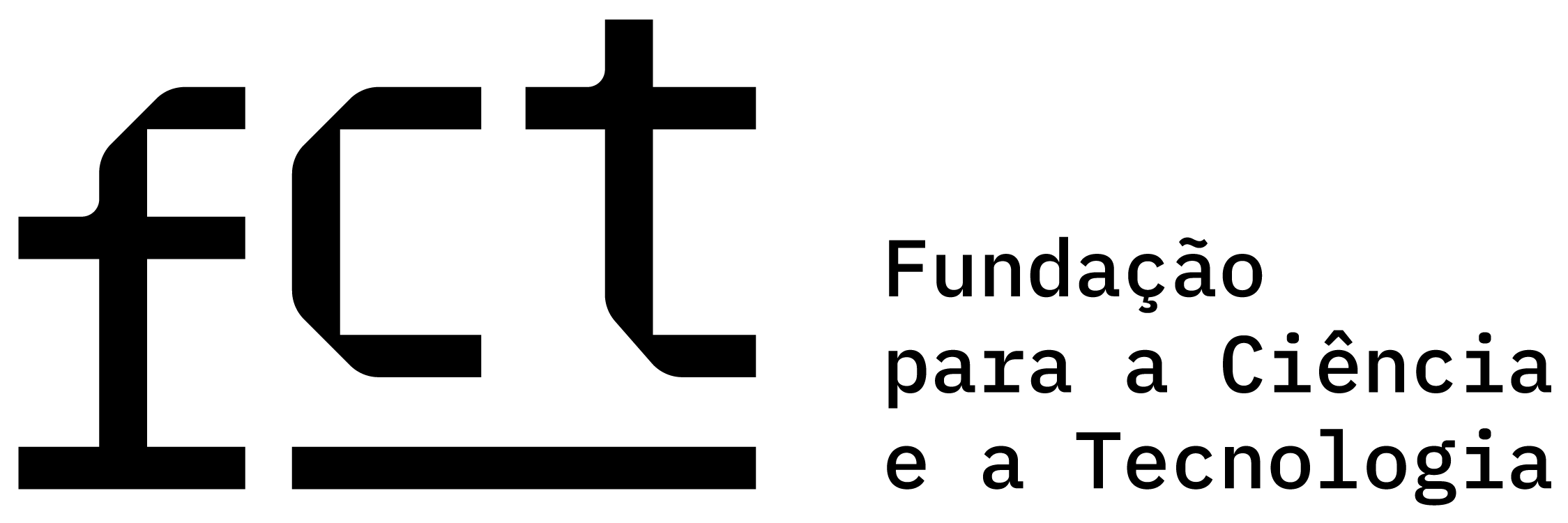History & Mission
The University Center for Research in Psychology (CUIP) was created in 2001 and began as a Study and Development Center at the University of Algarve (UAlg), with the aim of allowing the development of research activities among teachers and researchers at this university, in the field of Psychology.
However, although collaborating with each other, these researchers were dispersed in other more specific R&D Units, based in several Portuguese universities, most of which were rated “Very Good” or “Excellent” by FCT (Foundation for Science and Technology).
In 2023, with the opening of the FCT competition for financing R&D Units, and taking into account the scientific maturity of UAlg researchers, the decision was made to join together in CUIP, with CUIP being registered as a Research Center at FCT.
In addition to teachers/researchers from UAlg, CUIP also included teachers/researchers from three other prestigious Portuguese universities: the University of the Azores (UAc), the University of Madeira (UMA), and the Autonomous University of Lisbon (UAL). CUIP is based at UAlg, with the other 3 universities being CUIP research hubs.
Aiming to become a high-quality R&D Unit, minimum criteria for acceptance as an integrated member were established. These criteria include publications in indexed journals, experience in coordinating research projects, and supervision of PhD candidates.
When applying for evaluation and financing by FCT, CUIP is made up of 44 integrated members specialized in Basic Psychology (BP) and Applied Psychology (AP), from the four universities that make up CUIP.
Some of these members were already carrying out some research together, but the integration of all into CUIP will allow for greater collaboration and the development of joint research in areas that are new in Portugal, such as Psychology Applied to Tourism.
CUIP aims to capitalize on the best practices used by the Research Centers in which its members were previously integrated, fostering the development of an outstanding research environment in Psychology across the four universities, and establishing a collaborative research ecosystem characterized by excellence and innovation. Overall, leveraging the strengths and best practices allows CUIP to build upon a solid foundation and establish itself as a prominent force in the field.
Moreover, the research conducted by CUIP team, not only enriches existing advanced Psychology programs, but also paves the way for the creation of innovative training initiatives, including new master’s and PhD programs.
This collaborative approach not only enhances the quality and impact of research, but also fosters the professional development of the team. Additionally, CUIP can attract top-tier students (PhD & Postdoc researchers), stimulate scientific employment, increase international and national funding, and publish at an international level, further enriching the research community and contributing to the advancement of AP & BP science.
The BP group actively conducts research in cognitive and computational neuroscience, focusing on language processing, reading and writing development, learning, plasticity, and memory in the human brain. Internationally recognized, the BP group boasts robust scientific expertise in cognitive neuroimaging (fMRI/PET, EEG/MEG), experimental psychology (behavior, eye-tracking, TMS), and computational neuroscience. Collaborating extensively with prestigious national and international research centers such as the Donders Institute for Brain, Cognition, and Behavior, and the Max Planck Institute for Psycholinguistics, the BP group contributes significantly to cutting-edge research initiatives.
AP group concentrates on identifying prevention and promotion factors for health and well-being across the lifespan. It seeks to create and validate assessment and intervention tools applicable in clinical, educational, and organizational settings, with a specific focus on health and well-being research. The AP group objectives are to prepare promotional and preventive programs in these domains and establish guidelines for social practices and policies. Employing an action research approach in many projects, the group aims to conduct research directly impacting the well-being of individuals and institutions involved.
While there exists a clear distinction between the groups, the overarching goal is to foster collaboration and synergy between researchers in BP & AP.
Internationalization is a key focus for CUIP. UAlg stands out among Portuguese universities for its strong internationalization rates, exemplified by its efforts in organizing international congresses in recent years, which have facilitated the expansion of research networks. We aim to further emphasize this internationalization, in the various universities that make up CUIP, by encouraging participation in international projects and leveraging the involvement of the members in international scientific societies. The international perspective is further emphasized by its external consultants from various countries.
Researchers at CUIP engage in projects within their respective research areas, preferably, in collaboration with international partners. Projects may try to involve researchers from both AP and BP, and from more than one of CUIP’s involved universities, and applications for competitive funding calls will be strongly encouraged.
Researchers from the four universities will benefit from favorable conditions for conducting scientific inquiries and advancing their professional trajectories. They will combine interdisciplinary and multidisciplinary resources to enhance the approach to complex problems and new societal challenges in Psychology within the framework of modern-day concerns.
Under prevailing science and technology policies, this unit is strategically positioned to align with the principles of strengthening, reorganizing, and continuously enhancing collaborative actions, particularly with public and private entities. These entities encompass hospitals, educational institutions, healthcare facilities, associations, corporate entities, and technology hubs keen on fostering collaborative Research and Development (R&D) initiatives in partnership with CUIP.






